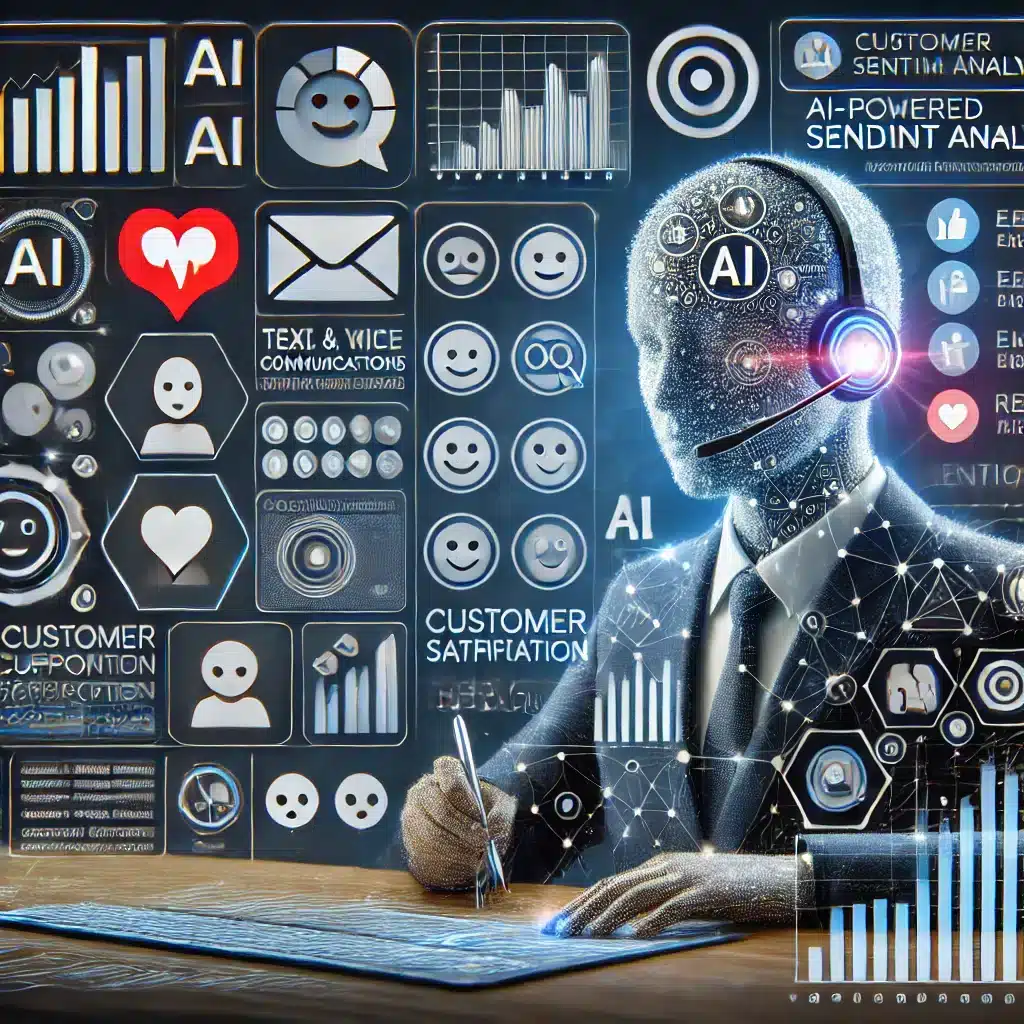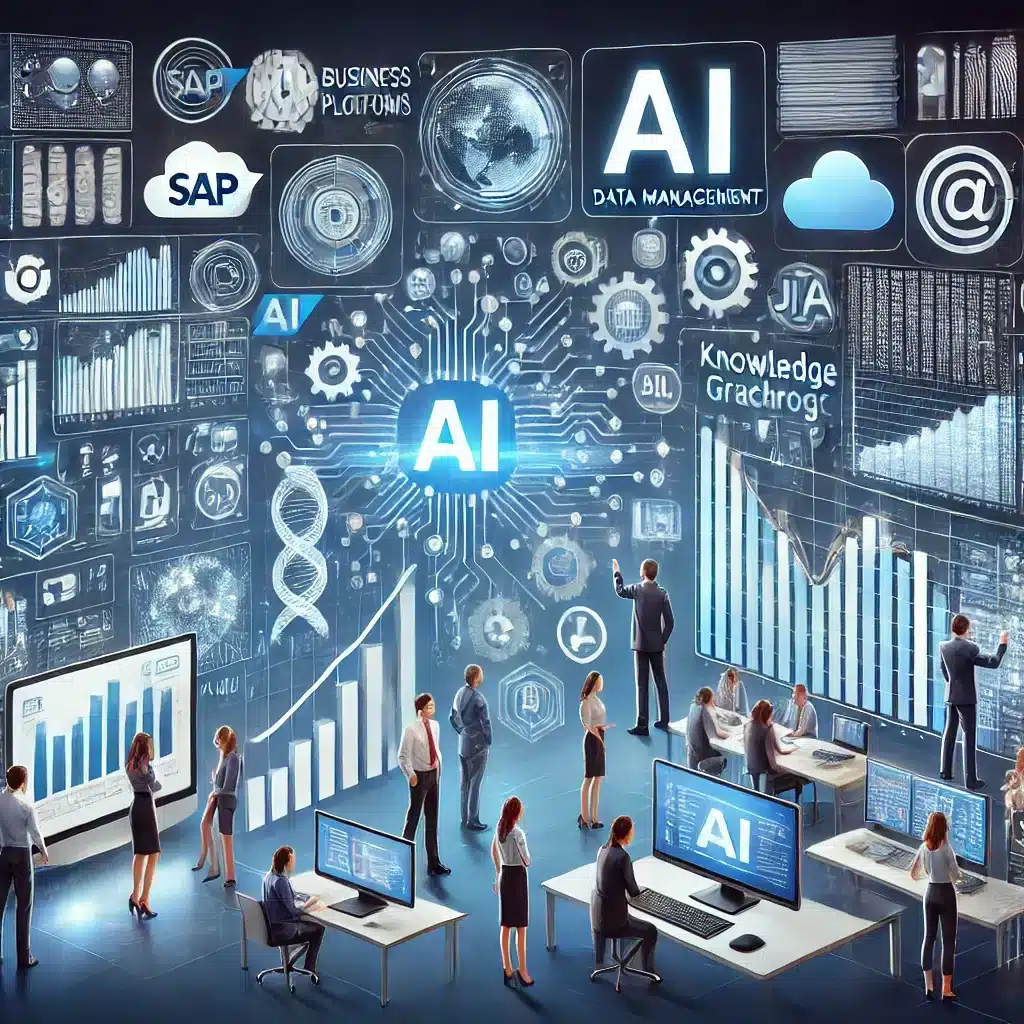The Importance of Bridging the AI Gap
In a rapidly evolving technological landscape, it’s crucial to consider how developing nations can keep pace. The UN has highlighted the need for a global artificial intelligence fund to aid these countries.Governments and private companies should contribute to this fund.
Avoiding Past Mistakes
According to Professor Dame Wendy Hall, the western world must avoid repeating past mistakes. The climate crisis serves as a poignant example. By failing to act proactively, developed countries exacerbated inequalities. Thus, it’s critical to address the AI gap now. Developing nations should have the chance to harness AI for sustainable development goals, such as eradicating poverty and promoting quality education.
Supporting Digital Infrastructure Growth in Developing Nations
The digital infrastructure sector is poised for massive growth. AI’s role here is twofold: it drives growth and enables it. For instance, video data serves as a valuable resource for AI analysis. This analysis can occur on the edge, bypassing the need to load data centers further.
Uniting Video Data and AI
Video data can transform AI applications. Cameras can analyze pixels to perform various tasks. For example, they can detect unauthorized personnel and trigger alarms. Additionally, they can integrate access control systems to detect tailgating.
Existing Technology, New Opportunities
Deep learning allows AI to act on visual data. This can offer new solutions for old problems or detect new problems early. Furthermore, AI analytics can run on the network edge, within camera hardware. Consequently, the same camera can enhance its abilities, like detecting hot spots or unauthorized activities.
Governance and Ethical Considerations
There’s an urgent need for a global framework to govern AI. The UN report suggests creating an international scientific panel on AI. This panel would issue annual reports covering AI-related capabilities, risks, and uncertainties. Such governance ensures that AI isn’t imposed without public input.
Practical Ways to Support Developing Nations
To bridge the AI gap, a multi-faceted approach is needed. Providing accessible AI models and datasets for sustainable development goals is essential. Moreover, developing nations should receive AI-related training programs. Private and public sectors must collaborate to create these opportunities. As a result, developing countries will gain the capacity to leverage AI for social and economic advancements.
Conclusion
Bridging the AI gap is imperative for creating equitable global development. By contributing to a global AI fund and supporting digital infrastructure growth, developed nations can foster a more inclusive technological future. Furthermore, robust governance structures will ensure ethical AI use. In summary, we must act now to empower all nations in the AI revolution.



